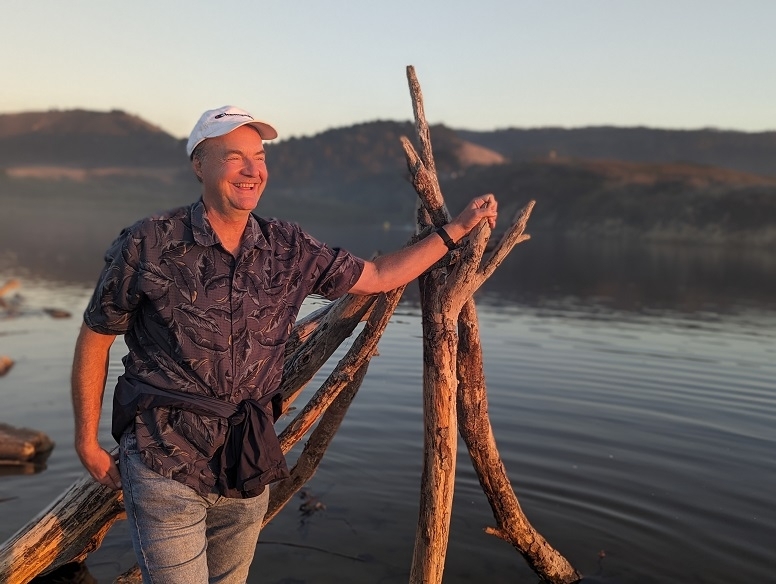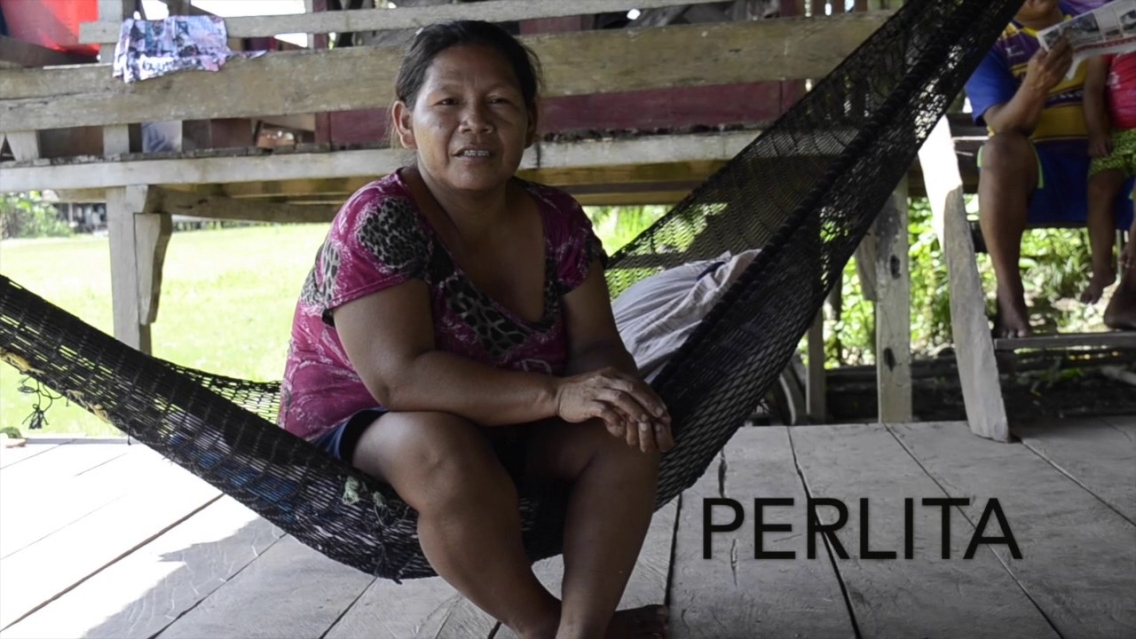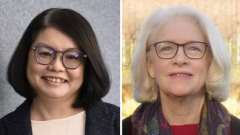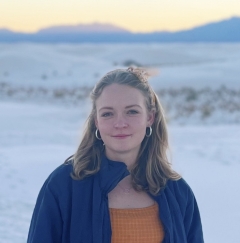Professor Kristina Gjerde Honored along with Singapore Ambassador Rena Lee
| by Pace University
At a time when unprecedented marine heat waves warm 40 percent of the oceans, and much life at sea is endangered, the Elisabeth Haub School of Law at Pace University is proud to recognize two distinguished women for their leadership negotiating the world’s first legal agreement to safeguard biodiversity in the high seas. The 2024 Elisabeth Haub Award for Environmental Law and Diplomacy will be jointly awarded to Singapore’s Ambassador for International Law, Rena Lee, and Senior High Seas Adviser to the International Union for Conservation of Nature (IUCN), Kristina Maria Gjerde. Professor Gjerde teaches Marine Law at the Middlebury Institute each January, and we are so proud of her accomplishment!





